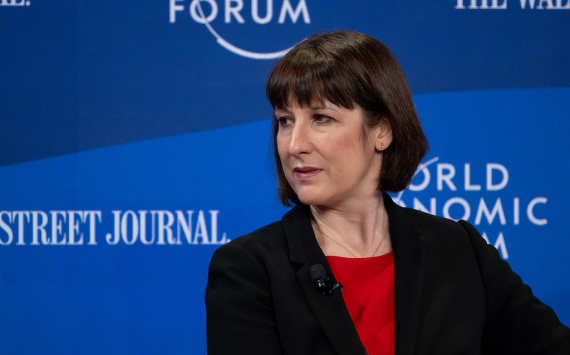
Economic crisis
There is no way out of the current crisis in the British economy painlessly and with minimal losses. This statement was made on Thursday by the Governor of the Bank of England, Andrew John Bailey, at a press conference in London.
"If we don't take measures to reduce inflation, the situation will get worse. I will repeat that there are no painless ways out of the current situation and that is important to understand," he stressed.
Earlier on Thursday, the Bank of England, which acts as the country's central bank, raised its rate by 75 basis points, to 3%. This was its biggest increase since 1989. As Bailey explained, the Bank of England is following the example of the US Federal Reserve and other central banks, which are "united in their view that this is the way to stop inflation".
It is worth noting that the annual inflation rate in the UK is currently above 10% and is forecast to rise to 13% by the end of the year. The Bank of England does not rule out the possibility that the rate will have to be raised again in the near future, but expects that the peak of 5.25% predicted by the markets will not be reached.
Also, the rate increase is creating serious problems in the mortgage market. UK residents are not only facing rising energy and food prices, but also a significant increase in mortgage repayments.
In his speech, Andrew John Bailey warned that the country's recession could last for about two years. The Bank of England forecasts a decline in the kingdom's GDP in both 2023 and 2024. Bailey also stressed that the period of recession could be longer if the government and regulators do not take enough decisive measures to combat inflation.
The British currency reacted to the Bank of England's decision by falling. The pound lost 1.4% of its value against the dollar. At the time of writing, the pound is worth $1.12 per pound.





































